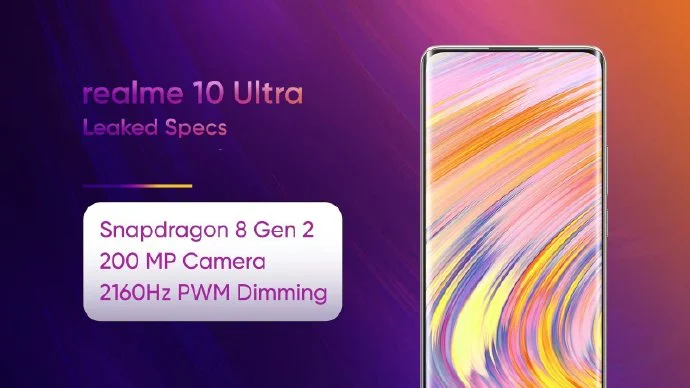In short, scientists say that the cosmos may have arisen not as a result of the exponential expansion of space-time, but after the end of the previous cosmological stage – the great leap.
Inflation has been theorized to explain various problems with the fine-tuning of the so-called hot Big Bang model. It also explains the origin of structure in our universe as a result of quantum fluctuations,
Sunny Vagnozzi, an astrophysicist at the University of Cambridge, the paper’s first author, said in a statement.
But Vannozzi says that while we can rule out “different inflationary patterns,” we still have a chance to prove the theory wrong.
How to get to the bottom of this
The article argues that humanity should further investigate the cosmic microwave background (CMB), some electromagnetic remnants left over from the early stages of the universe’s development.
The European Space Agency’s Planck study began measuring the microwave background in 2013, and the results immediately seemed somewhat dubious to researchers.
When the results from the Planck satellite were announced, they were taken as confirmation of cosmic inflation. But some of us have argued that the results might show the opposite,
Harvard University astronomer Avi Loeb, who also worked on the paper, said in a statement:
But we won’t know for sure until we see the universe as it was just after the so-called Big Bang. Loeb states that the true limit of the observable universe is the distance any signal can travel at the speed of light in the 13.8 billion years since the universe was born. As a result of the expansion, this region is now 46.5 billion light-years away.
The global volume in this region is similar to an archaeological dig. The deeper scientists dig into it, the sooner they uncover a layer of cosmic history dating back to the Big Bang, which represents the last horizon. What lies beyond the horizon is unknown.
In short, we must dig deeper to study the nature of the universe immediately after it was created. But even if we could look inside, it would be hard for us to predict before that.
A proper understanding of what came before requires a predictive theory of quantum gravity that we don’t have.
said Loeb.
what’s next
The researchers suggest that the cosmic graviton background should be sought, consisting of freely-floating gravitons, hypothetical elementary particles that could explain the gravitational interaction.
Scientists hope that CGF may have existed since the creation of the universe. According to the Big Bang theory, it may be too dispersed to be detected anymore. Therefore, if researchers had discovered this, they could have completely dismantled the Big Bang theory.
Detecting CGF, however, would require extremely sophisticated technology that doesn’t exist yet – but that didn’t stop them from thinking a few steps ahead.













